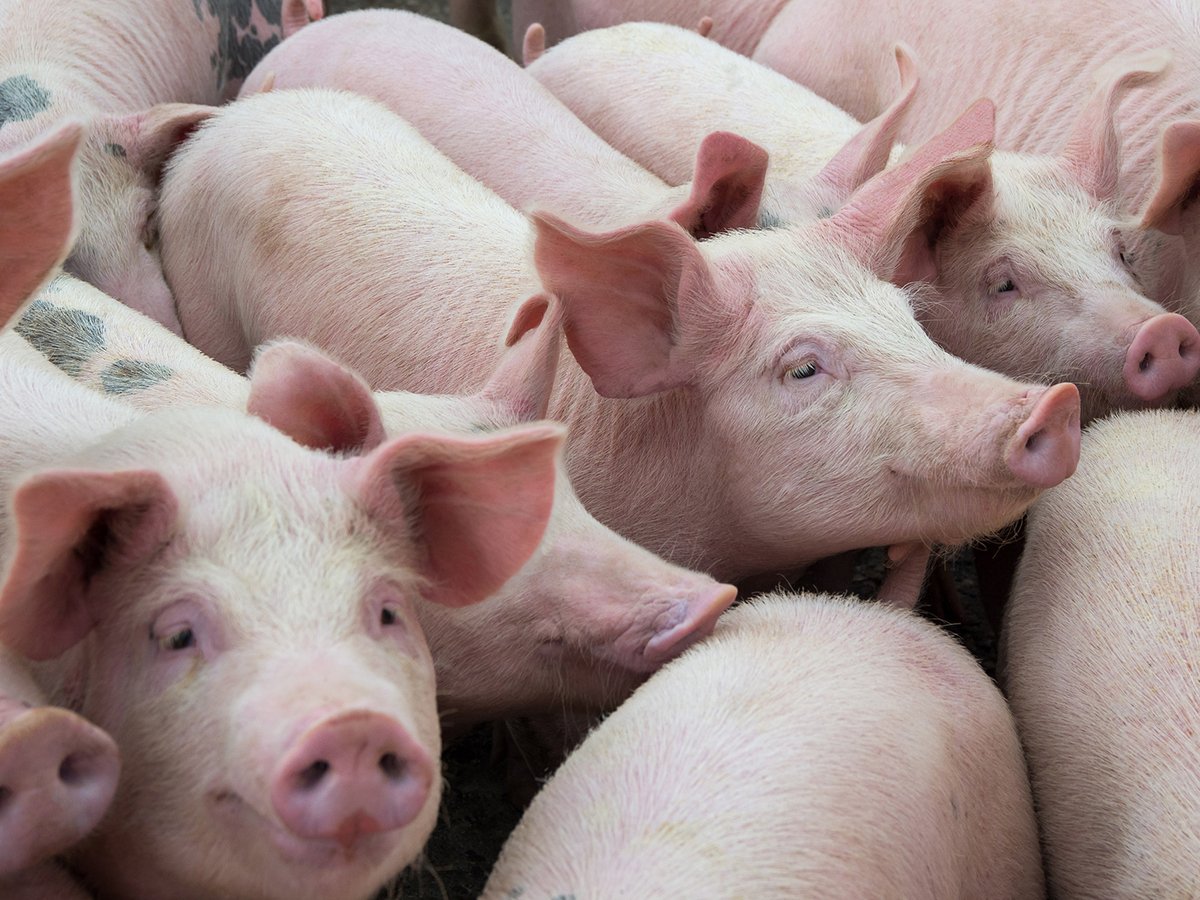CALGARY – When the first group of cattle producers united as an association in Calgary during the 1890s to defend their grazing leases, they probably never envisioned the issue would still be a hot one a century later.
A court appeal will be heard this spring after the owners of the OH Ranch near Calgary successfully won the first round of a trespass case in court last fall. A hunter was charged with trespassing on crown-owned pasture leased by the ranch.
During the recent centennial convention of the Western Stock Growers Association, a resolution was passed to investigate the question of property rights, access, cost of operating leases and land use.
Read Also

Quebec pork company calls for transparency around gene-edited pigs
Quebec-based pork company duBreton is calling for transparency around meats from gene-edited pigs on concerns that a lack of mandatory labelling will confuse consumers, and dilute certification claims. The organic sector is also calling for labelling rules.
Acres under lease
Alberta has about 163 million acres of arable land of which five million are in grazing leases, said agriculture minister Walter Pas-zkowski.
In a speech to the convention, justice minister Brian Evans assured stock growers that access and trespass laws are taken seriously by his department.
“This is not an issue that can continue to go on with a Band-Aid approach,” he said.
People don’t understand the realities of grazing issues, said Evans who represents a large number of ranchers in his Cochrane riding.
In addition, Evans wants the rights of leaseholders covered by legislation that provides a waiver of liability for the grazing lease-holder when someone enters the property.
“I think we would probably minimize the problems that are occurring,” said Evans.
Tourists and hunters claim because the government owns the land, it should be open to anyone who wants to enjoy it. Ranchers who depend on crown leases to extend their pasture reply that as renters they have the right at any time to refuse access to that land.
Ranchers get compensation
One of the complaints leveled at the leasing policy is ranchers receive money from energy companies who enter the land to pump oil and gas.
“Surface rights compensation is something that is misunderstood by and large,” said Paszkowski.
Through negotiations the province and lease holder receive a share of money paid by energy companies for the right to enter and use the land temporarily. About $8 million is paid out for third party compensation annually, said the agriculture minister.

















